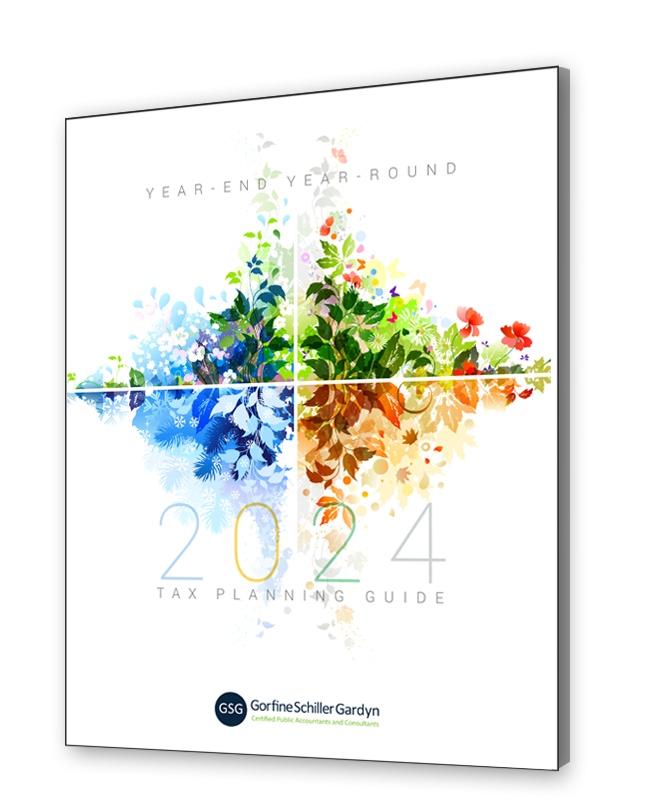The IRS recently issued a reminder that taxpayers must answer a digital asset question, and report all digital asset-related income when filing their 2022 federal income tax returns.
One change on forms 1040 this year is the IRS has replaced the term “virtual currency” with “digital assets,” a term that covers more than just cryptocurrencies but also Stablecoins and Non-fungible tokens (NFTs).
Though, it is important to note that the term “digital assets” has replaced “virtual currencies” on forms 1040 this year. According to the IRS, a digital asset is “a designation digital representation of value, which is recorded on a cryptographically secured, distributed ledger.”
Convertible virtual currency and cryptocurrency, Stablecoins and NFTs are all now considered digital assets.
It’s common knowledge that managing the taxes around your crypto holdings can be challenging. While taxes around crypto holdings are similar to trading stocks, there are some critical differences that should be noted.
Thankfully, Matt Keefer, Director of Tax Services at Gorfine, Schiller & Gardyn, discusses how to best manage your crypto holdings taxes in this podcast we published last summer.
If you have a crypto portfolio and need guidance on how to best manage your crypto holding taxes, please contact us here.










